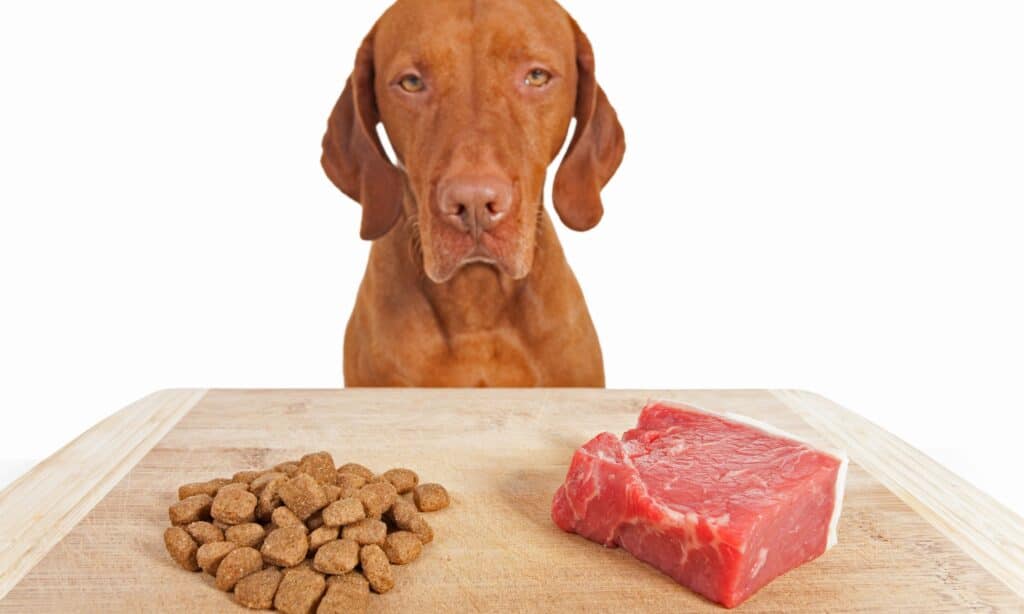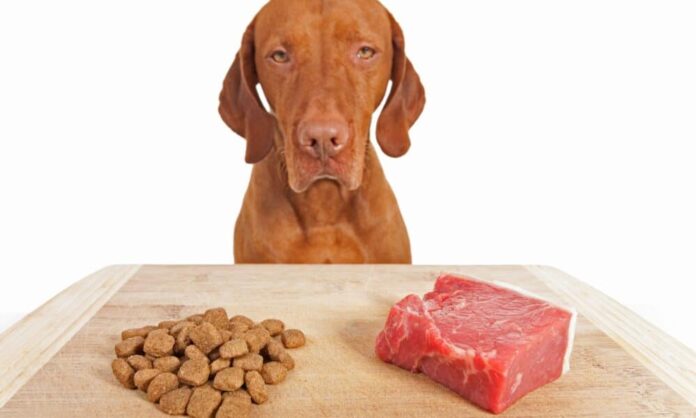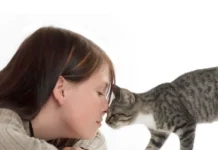Study Reveals Environmental Impact of Pet Food Choices

Recent research from Brazil highlights a startling finding: feeding pets wet food has a far greater climate impact compared to dry food. This study suggests that simple dietary changes can help pet owners significantly reduce their carbon footprints.
Study Overview
The Brazilian research, published in the journal Scientific Reports, evaluated the environmental effects of various pet food options, including greenhouse gas emissions, land use, and water consumption. The study found that wet food contributed to more than seven times the CO2 emissions of its dry counterpart.
Key Findings
- A typical dog fed a wet food diet generates annual CO2 emissions comparable to that of an average Brazilian citizen.
- Specifically, a 10 kg dog on a dry food diet emits 828 kg of CO2 per year, while a similar dog on a wet food diet emits 6,541 kg.
- The study analyzed a range of diets for 320 cat and 618 dog food products, including options from three major Brazilian pet food retailers and some homemade alternatives.
Implications for Pet Owners
The findings from this research prompt pet owners to reconsider their feeding choices. With approximately 840 million cats and dogs worldwide, their diets could collectively have significant environmental implications. The study emphasizes that opting for dry kibble or biscuits can drastically lessen the ecological footprint associated with pet ownership.
In their conclusion, researchers stated, “Cat and dog owners could significantly reduce the environmental impact of their pets’ diets by feeding them dry food rather than wet food with higher water content.” Moreover, the study calls for a broader discussion on the need for sustainable pet food options and strategies for achieving this goal.
Conclusion
This research contributes to growing awareness about the environmental effects of pet ownership. Previous studies, including those conducted in Japan, have shown comparable ecological footprints for pets and their owners, reinforcing the urgent need for sustainable practices in pet care.












